The Traitor
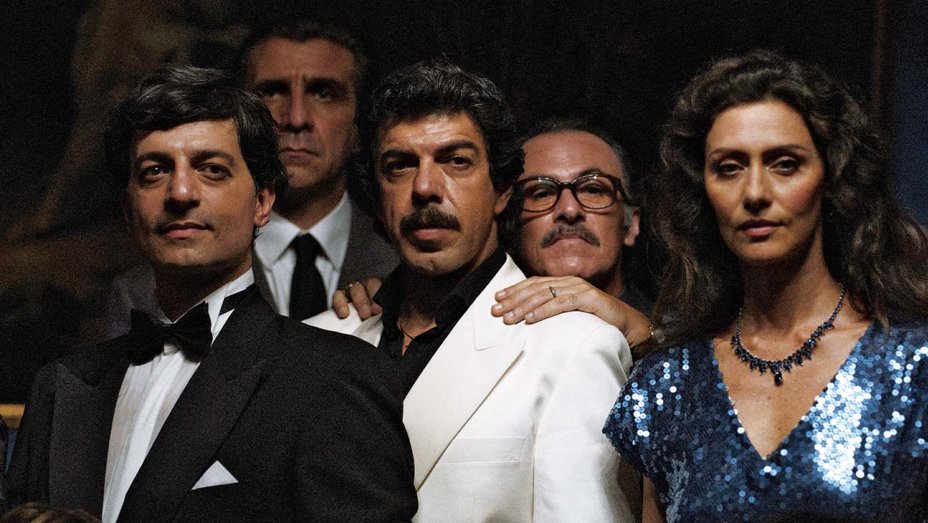
With The Traitor, Marco Bellocchio seemingly directs a stylish mobster movie centring on the legendary informant Tommaso Buscetta (Pierfrancesco Favino), who turned on his former accomplices. The film initially lures its audience down a falsely comforting path – the kind with violence, money and power – only to abruptly shift into something else altogether: a courtroom drama with an absurdist sense of humour. It’s a befuddling watch to say the least, but sultry cinematography keeps the senses pleased.
At first glance, the story chronicles the Sicilian mob in the 1980s and their entrenchment in the heroin trade. Opulent parties, whispered dealings and pacts based on honour allude to something familiar, though no less beguiling. In order to step back from the tension brewing on the Palermo streets, Buscetta and his wife Cristina (Maria Fernanda Cândido) move to live out their days in Rio de Janeiro. It’s challenging to keep tabs on all Buscetta’s involvement in the mafia’s affairs until he is extradited to Italy. Once there, the film abruptly transitions into a melodramatic courtroom drama where he turns on the mob he once knew as kin. The story’s shift marks The Traitor’s status as a biopic rather than a mobster tale, which fails to explain the surfeit of plot without the hero’s participation.
In these courtroom scenes, the case is made that Buscetta is not betraying the mob because it’s not the honourable “Cosa Nostra” as he knew it. It’s a semantic argument which is cemented in Buscetta’s perspective. In doing so, Bellocchio cleverly leaves it to his audience to place judgement and opens space for moral interpretation. However, building confessional dialogue is interspersed with reenactments and oddly incorporated memory sequences that stunt The Traitor’s emotional depths. Favino’s performance keeps the cerebral tone and manages to sustain the audience’s intrigue with a compelling study of the anti-hero perspective.
Despite the film’s flaws, it’s a consistently alluring watch. Vladan Radovic’s cinematography captures powerful people and the captivating presence that comes with money. He presents them in deep shadows mingled with swaths of sharp light that evoke the shimmering plastic of dolls, similarly untouchable. Perhaps their lives remain alluring because they are so unfamiliar.
The film does not provide an all-revealing dossier on the lives of “Casa Nostra”, but rather an interesting knot of a character for the audience to discerningly unravel as they watch the confessions of a traitor revealing that which should never be revealed.
Mary-Catherine Harvey
The Traitor is released nationwide on 24th July 2020.
Watch the trailer for The Traitor here:

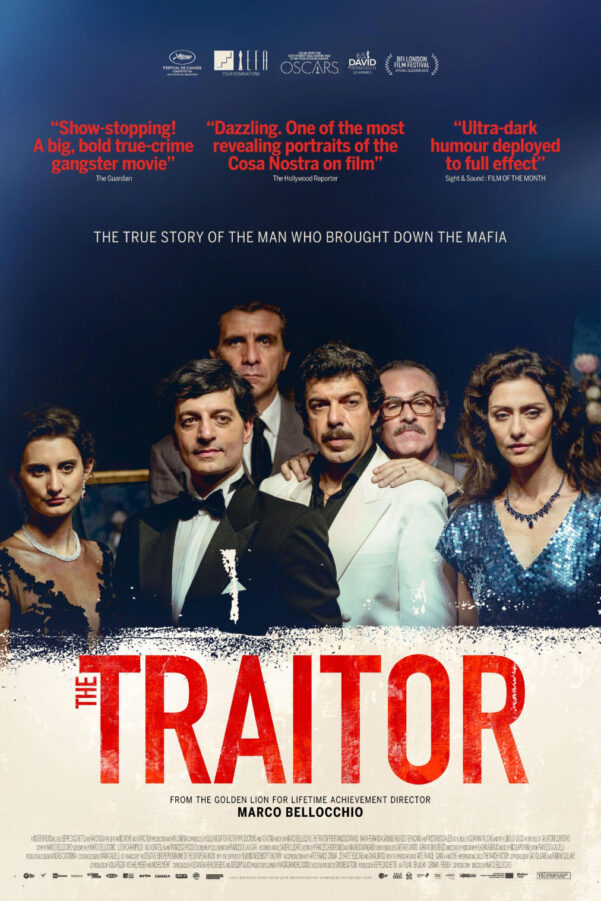
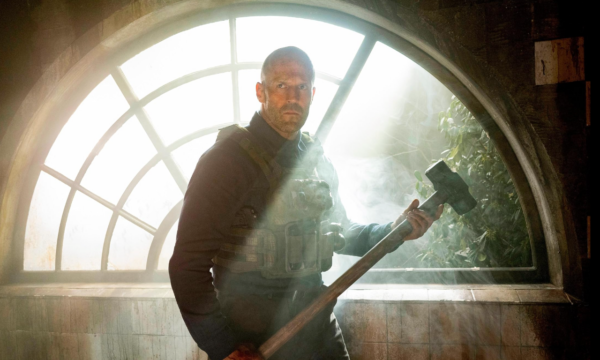
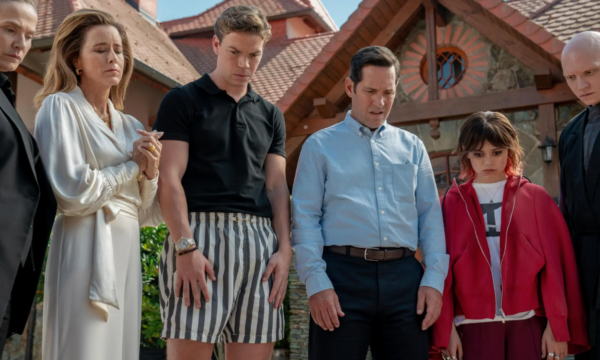




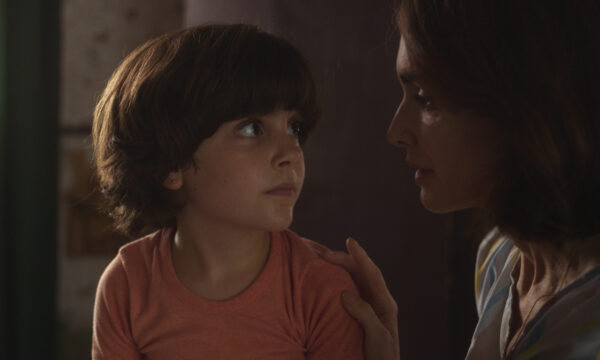
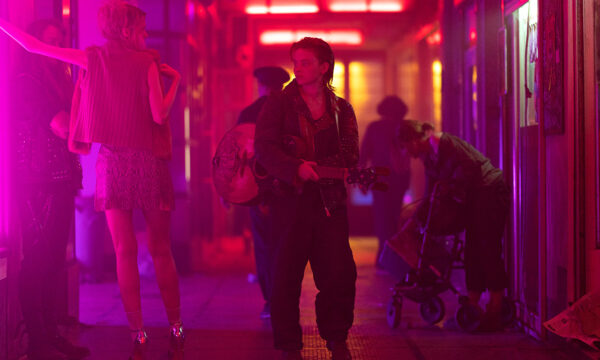
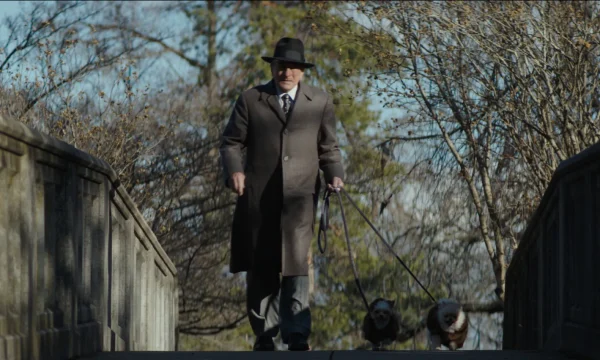











Facebook
Twitter
Instagram
YouTube
RSS